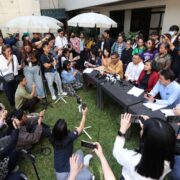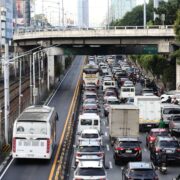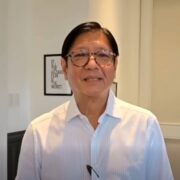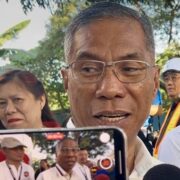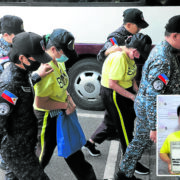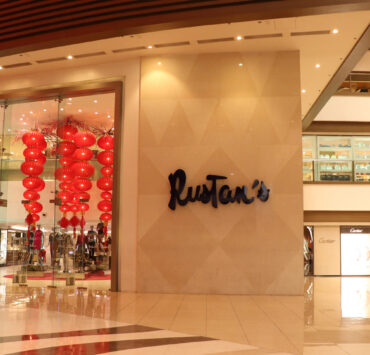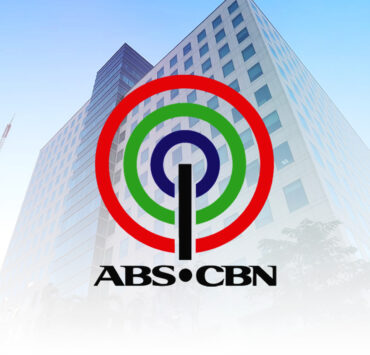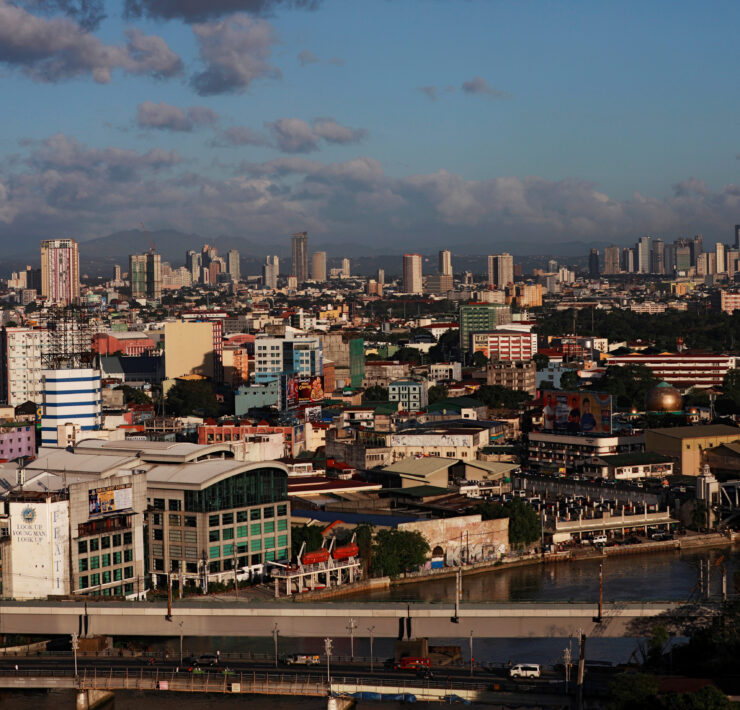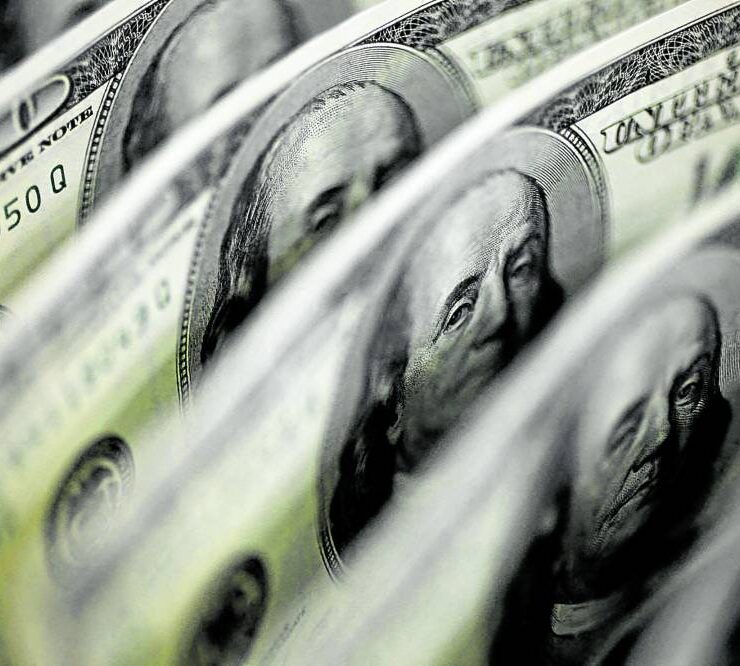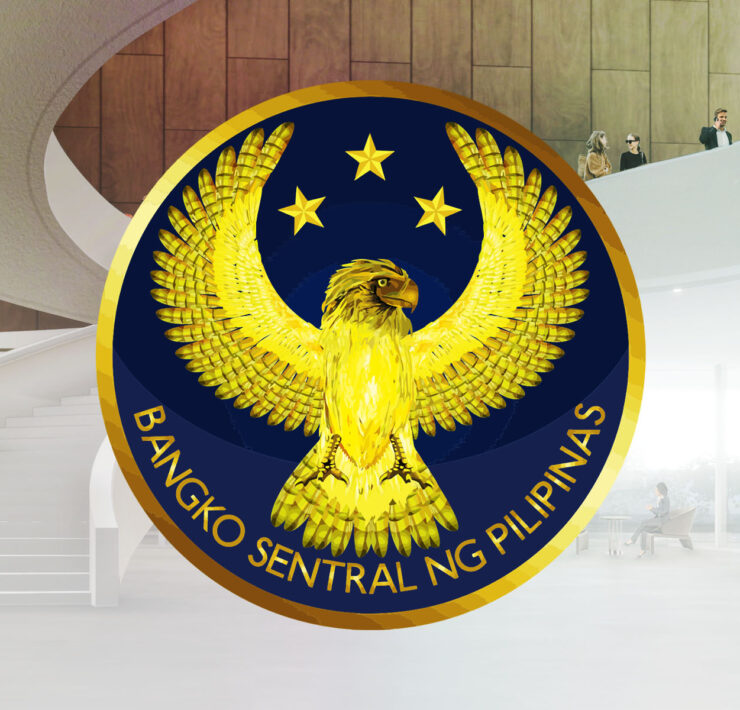Recto concedes: 2025 growth to come in below 5%
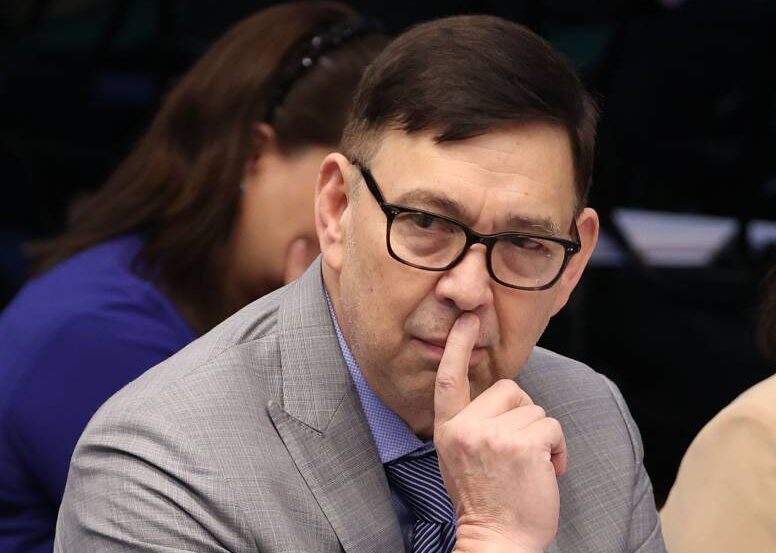
The Philippine economy is expected to grow below 5 percent by year-end but remains on stable footing, outgoing Finance Secretary Ralph Recto said on Monday, as he sought to buoy market sentiment rattled by corruption concerns that have now implicated the president.
In a statement, Recto said the economy “remains fundamentally strong” and was expected to expand this year by 4.7 to 4.8 percent, on the back of catch-up spending plans and the administration’s push for “good governance reforms.”
But, if realized, Recto’s forecast growth would be the weakest since 2011—excluding the pandemic slump—when the economy expanded by only 3.9 percent due to underspending during the Aquino administration’s anticorruption campaign.
The projection also falls below the Marcos administration’s 5.5 to 6.5 percent growth target, following the third quarter’s slowdown to a four-year low of 4 percent amid an infrastructure corruption scandal that slowed down government spending.
Inflation, meanwhile, eased in October to 1.7 percent, giving the central bank more room to cut interest rates further in hopes of boosting household spending and economic growth.
“We assure the Filipino people that our fiscal consolidation path is on track, and everything moving forward is on the upside. We will bring down our deficit and debt gradually, while creating more jobs, increasing our people’s income, and lifting more Filipinos out of poverty,” he said.
Long run
“The economy is growing much faster than the true cost of our debt […] That means we have more than enough capacity to pay what we owe, and our debt remains manageable, stable, and sustainable for the long run,” he added.
Former Ako Bicol Rep. Elizaldy “Zaldy” Co last Friday finally broke his silence, alleging that President Marcos and ex-Speaker Martin Romualdez ordered P100 billion worth of insertions in the 2025 national budget, worsening an already volatile market.
Still, Recto assured the public that the government was “reforming itself from within.”
“We are not blind to the challenges, nor are we shaken by them. What you see today is not a leadership crisis, but a government reforming itself from within, led by a President who chose to be the whistleblower, not the apologist, of corruption,” he said.
“So let there be no doubt—this is a government that cleanses itself from within, honors your trust, and safeguards the future of every Filipino,” he added.
In an ambush interview, Recto told reporters that it might take a quarter before the Philippine economy can return to its regular pace. He added that he projects a 5- to 6-percent growth for next year.
“We have to regain the trust and confidence of our consumers and our businessmen. The only way to do that is to show accountability,” he said, referring to the president’s promise that those involved in the flood corruption scandal will be jailed by Christmas.
The Development Budget Coordination Committee is set to review the targets for the year until 2026, with changes likely ahead.
But Recto’s target “only looks at the country’s financial sustainability,” according to Ateneo de Manila University economist Leonardo Lanzona Jr.
“Very low interest rates often reflect pessimistic expectations about future growth, weak investment demand, or monetary policy struggling against deflationary pressures,” Lanzona said.
“They can indicate an economy stuck in a low-growth equilibrium rather than one that’s thriving.
Lanzona also added that the strong foundation may only pertain to debt sustainability, as Recto’s target may not meet consumption and employment demands.
“A healthy economy typically features adequate absolute growth levels, productive investment, rising productivity, and rates that reflect genuine return opportunities rather than desperation or financial repression due to corruption scandals.”




